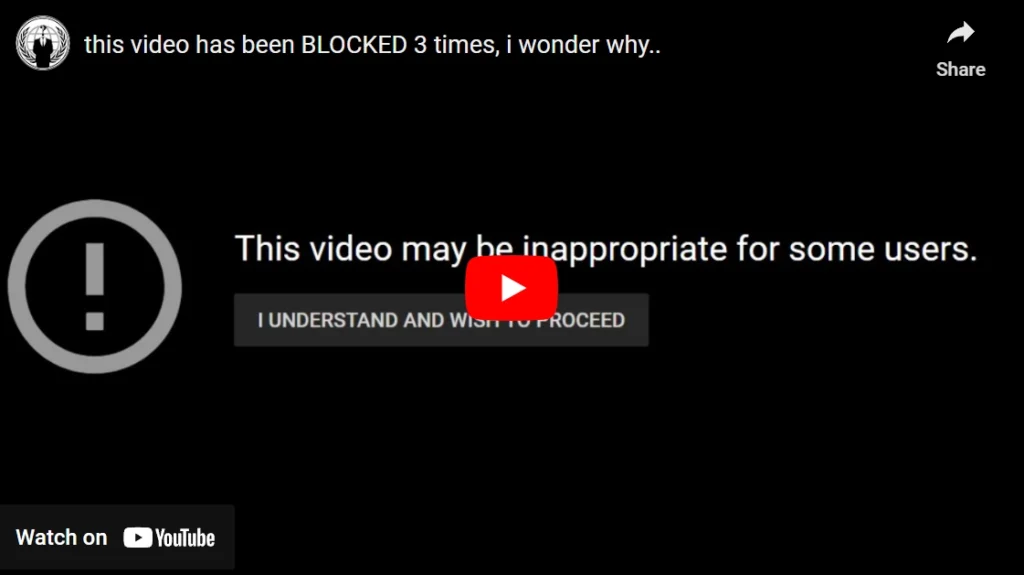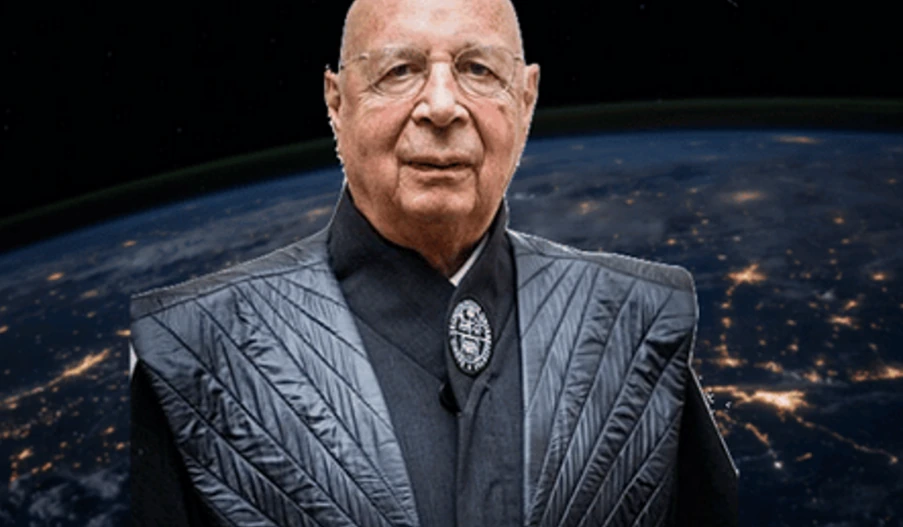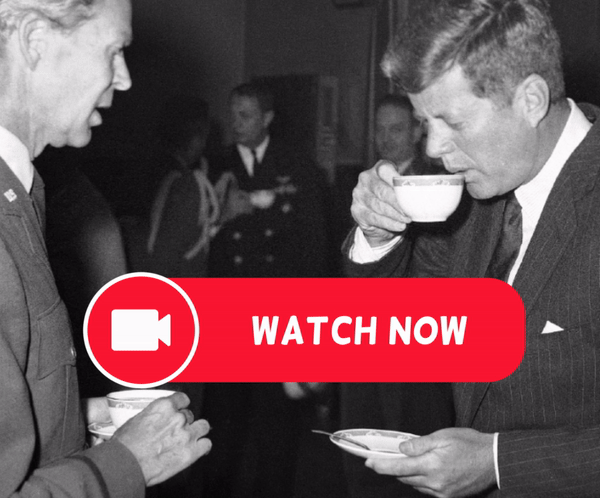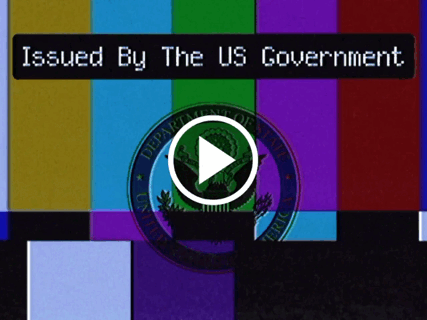In June 2019, a low-key yet significant alliance was formed between the UN and the World Economic Forum, symbolizing a pivotal shift in global governance. This partnership, blending public institutions with private corporate interests, marks a new era in the balance of global power and decision-making.
In the simmering summer of June 2019, a ‘marriage’ of monumental proportions was silently celebrated – not with fanfare, but with the stroke of a pen. This wasn’t your typical wedding. It was a union that whispered of power, ambition, and the reshaping of global governance. The groom? Antonio Guterres of the United Nations. The bride? Klaus Schwab of the World Economic Forum. The dowry? A Memorandum of Understanding (MOU) tying the UN to the chariot of the world’s corporate giants.
This ‘marriage’ symbolized more than just a partnership. It was a gateway to a world where the lines between public institutions and private corporate power blur. Picture this: on one side, Guterres, representing a handful of UN nations; on the other, Schwab, echoing the voices of the global corporate elite. Their vows? To intertwine the paths of education, finance, climate change, and health in ways never seen before.
Uncovered: The Secret ‘Control Codes’ the UN and World Economic Forum Use to Manipulate Your Life!

But this was just the tip of the iceberg. The World Economic Forum, under its 2010 Global Redesign Initiative (GRI), had already set the stage for this moment. They envisioned a world where the traditional international system transforms into a complex web of global cooperation. Here, legal frameworks and intergovernmental institutions are just pieces of a larger puzzle, with corporations taking a seat at the table of governance.
And what did Schwab promise in this grand scheme? A commitment to rethink values, redesign systems, and reconstruct global institutions for the challenges of the 21st century. But beneath the surface of these lofty words lies a contentious debate: Is this the dawn of a more collaborative, integrated world, or a subtle shift towards a global governance model where corporate interests hold the reins?
The executive summary of a startling document reveals, “Ideas and proposals from the Global Redesign process suggest a redefinition of the international system as a broader, more multifaceted cooperation network. Here, legal frameworks and intergovernmental institutions are central but not the only, and sometimes not the most crucial, components…”
Charlie Ward’s Alert: EBS Countdown Begins – Today or Tomorrow?
It’s time, it declares, for a new paradigm of international stakeholder governance, echoing the stakeholder theory of corporate governance upon which the World Economic Forum itself was founded. But there’s more – a call for a renewed sense of health within the international system.
The influencers – political, business, academic, religious leaders, media, and other social institutions, particularly educational programs – bear the greatest responsibility in this regard.
The document unveils a radical opportunity for transforming global environmental governance. It suggests moving away from traditional UN agendas to novel, often public-private mechanisms.
In its conclusions, it states boldly: the current architecture is inadequate for addressing the accumulating risks across various domains. Success is more likely with a practical, multidimensional approach, focusing on the ‘how’ rather than merely the ‘what.’
Under the directives of the World Economic Forum (WEF), the UN proclaims that the Sustainable Development Goals (SDGs) can only be achieved through strong global partnerships and cooperation (with a clear nod to private involvement).

The Transnational Institute, on September 25, 2019, published an open letter to the UN Secretary-General, raising crucial points:
“Strategic partnership provisions effectively mean corporate leaders will become ‘advisors’ to heads of UN system departments. They’ll use their private access to advocate market-based, profit-driven ‘solutions’ to global issues, undermining real solutions rooted in public interest and transparent democratic procedures…
Choosing to build an alliance between the Secretariat and transnational corporations to ‘save the UN system’ will destroy it, not save it.”
In the shadows of global politics since 2009, a quiet revolution has been unfolding, far from the glaring lights of media propaganda. This transformation is reshaping some of the world’s most influential institutions:
- The United Nations is gradually turning into a marketplace dominated by corporate agendas.
- The World Health Organization is evolving into an extension of the pharmaceutical industry.
- UNESCO appears to be masking a cultural front for new forms of imperialism.
- UNICEF’s actions seem aligned with population control in marginalized regions.
- The UNHCR is, intentionally or not, aiding in large-scale migratory movements…
This pattern is replicated across various United Nations agencies.
Here’s the stark reality: Global capital has been meticulously planning for the long haul, while the organized proletariat responds reactively, often too late, to immediate crises – wars, natural disasters, mortality rates, climate change debates, carbon emissions, and so on.

Beneath this surface narrative, another story is being obscured – the story of the collateral damage from a global vaccination campaign. According to the New York Times’ March 13, 2023 report, more than 5.55 billion people, or 72.3% of the global population, have received a Covid-19 vaccine dose. Over 13.5 billion injections have been administered across the globe.
By early 2022, scientific journals had published over a thousand articles and studies (1,011) highlighting the adverse effects of these vaccines.
Researcher Steve Kirsch’s analysis, based on data from the Vaccine Adverse Event Reporting System (Vaers), suggests a startling mortality rate from the Covid vaccine – about 1 in every 1,000 doses, implying roughly 676,000 American deaths.
However, this figure might be an underestimation. According to Correlation Research in the Public Interest in Canada, analyzing data from 17 countries, the true mortality rate could be closer to 1 in 800 doses, potentially accounting for around 17 million deaths worldwide.
This paints a grim picture of a eugenic landscape, closely tied to the initial themes of this piece. Most startlingly, the majority of deaths since late 2020 may not be due to traditional causes like wars or natural disasters, but rather the result of a meticulously orchestrated strategy by the public-private partnership of the UN, WEF, and WHO.
NESARA’s Wealth Redistribution: $100,000 Monthly to Every U.S. Citizen Over 21!
The CIA, MI6, and Mossad’s Failed Coup in Moscow and the Collapse of NATO! Britain’s Elite and Their Secret Satanic Rituals Exposed in Shocking Detail!





